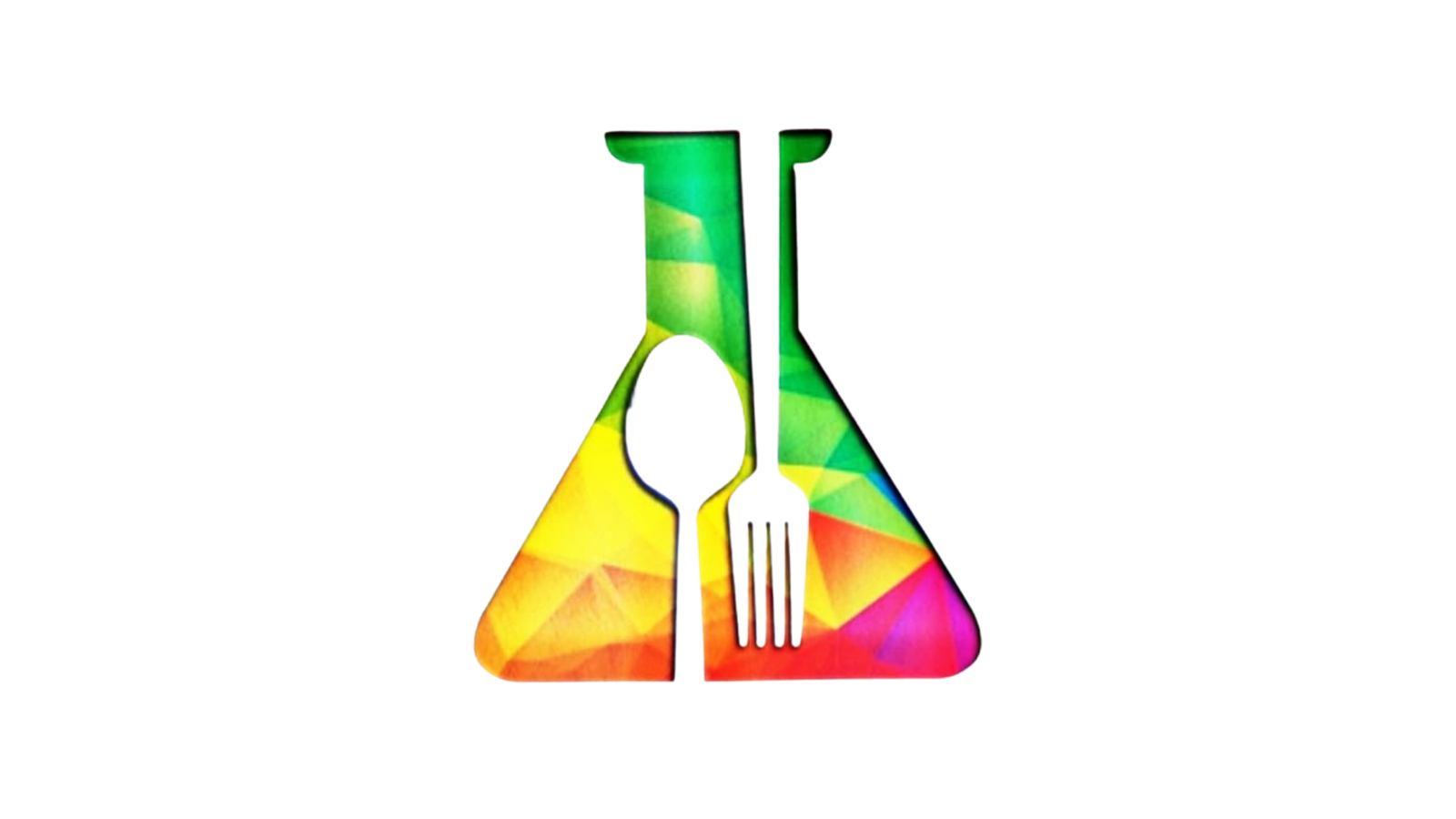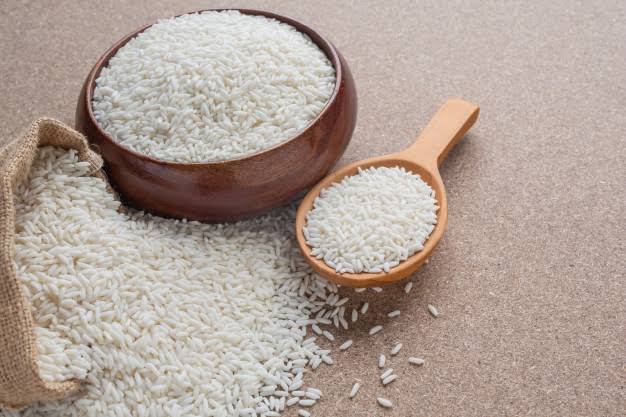Decision will protect the fragrant rice’s purity and prevent any dilution
The Food Safety and Standards Authority of India (FSSAI) has scuttled the efforts to introduce “blended Basmati rice” for sale in the country by deciding not to accede to a proposal that has been in the works since 2017.
The FSSAI decision basically will protect the purity of basmati rice and not allow any dilution, given the geographical indication (GI) tag for it,” said S Chandrasekaran, a trade analyst and author of “Basmati Rice: The Natural History Geographical Indication”.
The decision, notified on October 31, will benefit farmers to get more returns, while consumers will gain by getting to eat “pure basmati”. Right now, domestic consumers pay more for basmati with prices ranging between ₹100 and ₹250 a kg. In the global market, Indian basmati rice 2 per cent broken is quoted at $1,500 a tonne, data from the Thai Rice Exporters’ Association showed.
Scotch whisky blend
Chandrasekaran, who responded to invitations for comments from the FSSAI, said blended basmati would have brought a new category of rice and if allowed it would affect the reputation of the fragrant rice in the global market.
“In Scotch whisky, a blend comprises two scotch whisky varieties and no non-Scotch is blended. Allowing blended basmati will defy the definition of GI under GI of Goods (Registration and Protection) Act, 1999, and Article 22 of TRIPS agreement of WTO,” he told businessline.
FSSAI said it had sought views from authorities if the blended basmati category should be omitted or allow 30 per cent blending. One of the members said any basmati rice packet having over 15 per cent non-basmati variety will be considered “blended rice” and not as “blended basmati rice”.
The FSSAI has, therefore, decided not to have any upper limit of blending and delete the word “basmati” and suitably amend the labelling requirement.
Purity argument
The other argument against the blended basmati sale is that the purity of seeds used by growers is 98 per cent and even what millers buy is of the same level of purity.
Thailand’s premium Jasmine rice is marketed with 98.5 per cent purity, while Saudi Arabia and the UK do not allow basmati rice to be sold with not more than 7 per cent of other varieties mixed in it.
Experts say basmati rice should protect the quality, reputation and other characteristics of the long-grain rice.
“The definition of basmati, issued through an order in 2008, refers to the aroma but does not quantify it. A number of current basmati varieties do not have an aroma,” said Chandrasekaran.
The Indian Council of Agricultural Research (ICAR) took up a research project on basmati rice aroma but so far there is no methodology available on its aroma, he said.
“Considering the term ‘possess natural fragrance’ in rule 26 (1), it is inevitable to have aroma assessment and quantification procedure,” Chandrasekaran said.
The FSSAI move will now guarantee the quality and authentication label of basmati rice. “The current range in the price of basmati in the domestic market is too huge to justify when basmati paddy sells between ₹25 and ₹35 a kg,” he said.
The FSSAI decision will increase the cost for rice millers to comply with the norms, while the authority will have to incur costs for its enforcement, particularly for DNA testing.
The decision will also regulate the basmati market, which has a demand of about 4 million tonnes (mt) for exports and 1.5 mt in the domestic market.
🔔👥 WhatsApp – Join our groups for regular updates (Jobs, News, Training etc) If you are already in our groups, please don’t join. All Groups are same.
🔬👩🎓 Join Food safety Training Programs (Online/Offline)
• FOSTAC Training
• Internal Auditor
• Level 1 Training
• 5G training
• Virtual Internship





















